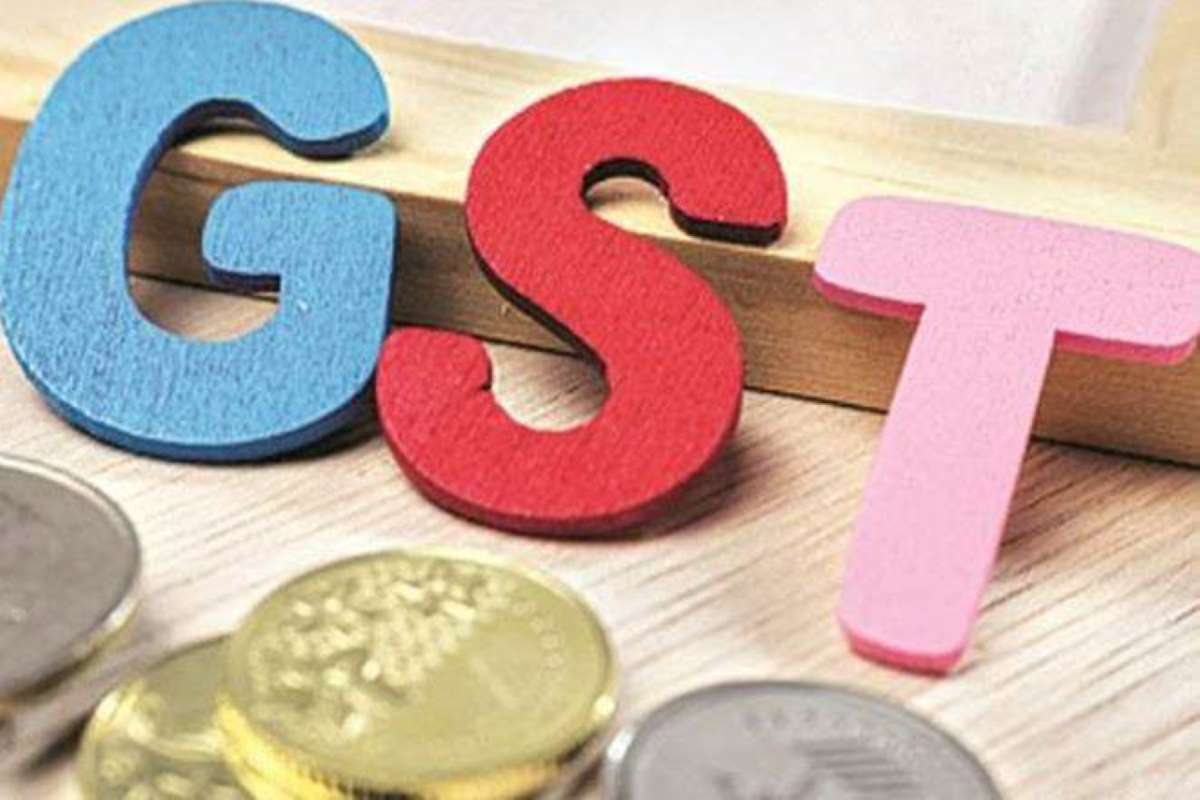The Goods and Services Tax (GST) is a vital part of the Indian taxation system, which makes it imperative for individuals to keep up with GST compliance. GST was implemented with a focus on maintaining a single tax structure across the nation. The revolutionary initiative has replaced other central and state taxes to bring about uniformity in the Indian taxation structure.
While there are several essentials to follow as part of GST compliance, filing GST returns on time is the most important step. Every dealer registered under GST law must file returns, i.e. a statement that reflects the transactions of the business. GST returns may be filed monthly, quarterly, or annually, depending on the business turnover. Apart from this, there are additional requisites and procedures that you must follow if you come under the GST ambit.
What is GST Compliance?
The GST council requires every registered individual to follow certain rules. These compliances revolve around how an invoice is raised, reports on sale of services and goods, tax payment, filing returns, and more. GST compliance is essentially an adherence to the laid-out rules against these activities. When a GST-registered business does not comply with these rules, it can incur a heavy penalty.
Here are some of the different compliance segments that you must follow:
Enrollment: Enrolling or registering is the first step involved in GST compliance. Every person with a turnover over Rs. 40 lakh in goods and Rs. 20 lakh in services during the previous financial year must get registered under GST. Once the registration is done, you can move on to following the compliances that come upon registration.
Invoicing: Once you are registered under GST, you must follow the invoicing process, which is a part of your daily tax procedure. When issuing an invoice, you must be sure to include the details such as taxable value and discounts, invoice date and number, rate and amount of taxes, item description, taxpayers’ GSTIN, the signature of the supplier, HSN or SAC code, shipping address, billing address and more. Every GST invoice must include the mentioned aspects to be considered GST-compliant.
E-Way Bill: The E-way bill under GST is essential and is required when transporting goods that exceed the value of Rs. 50,000. Every individual registered under GST has to get an e-way bill cover before transporting goods that exceed the given value.
Filing Returns: As applicable, a GST-registered dealer must regularly file returns to comply with the set norms. Some of the applicable forms include:
- GSTR-1: This return is filed to report details about sales of goods and services.
- GSTR-9: The return must be filed annually by taxpayers who have a turnover of over Rs. 2 crore in a given financial year. This return contains details such as outward sales supplies and inward sales supplies. The sales must also include information about taxes already paid as well as the pending liability. It is essentially a consolidation of all the returns filed monthly and quarterly.
- GSTR-3B: It must be filled by all taxpayers. It is a monthly declaration and should furnish details of taxes paid, outward supplies, tax liability, and any claimed tax credit.
Ways to Reduce GST Compliance Cost
GST compliance can cost you effort and monetary funds. Some of the best ways to reduce the costs include:
- Hiring a chartered accountant who will collectively render services to every member of the association. This will reduce ‘per head’ costs.
- Hiring a GST practitioner, i.e. an authorized entity, to handle GST compliance-related aspects.
- Hiring a freelance GST staff trainee who can render updated GST training to staff on the different technical duties as and when needed.
- Getting free GST software that assists in accounting and invoicing for GST returns filing. Ensure that you use government-approved software as it is secure and in compliance with the government’s database management system.
The GST regime has indeed streamlined the tax system to a great extent. Keeping in tune with the compliance and following the rules will go a long way in easing your tax journey. Stay updated on GST and its current updates by following Finserv MARKETS.






